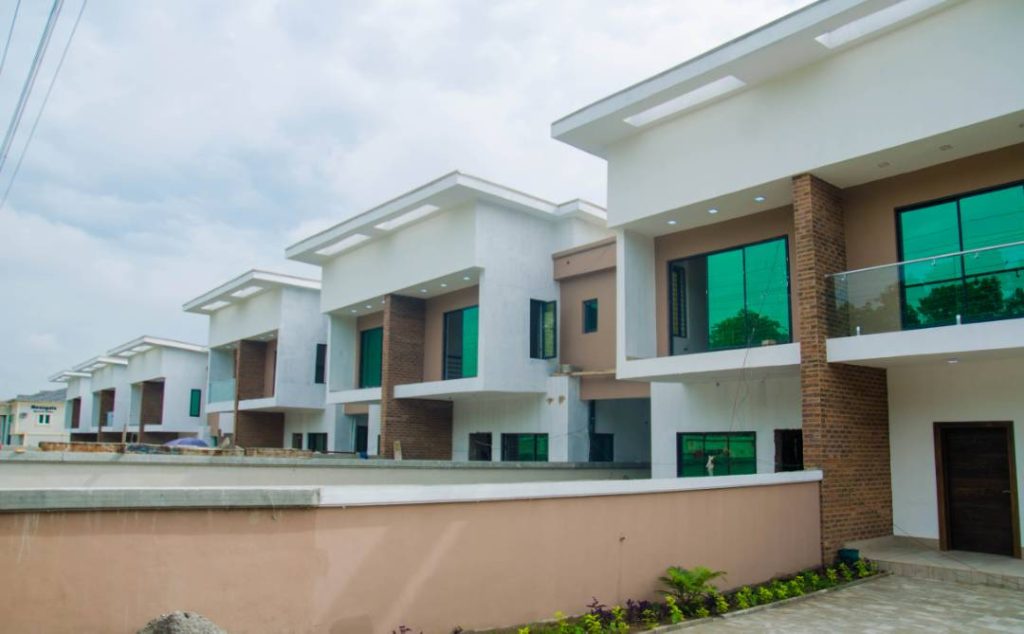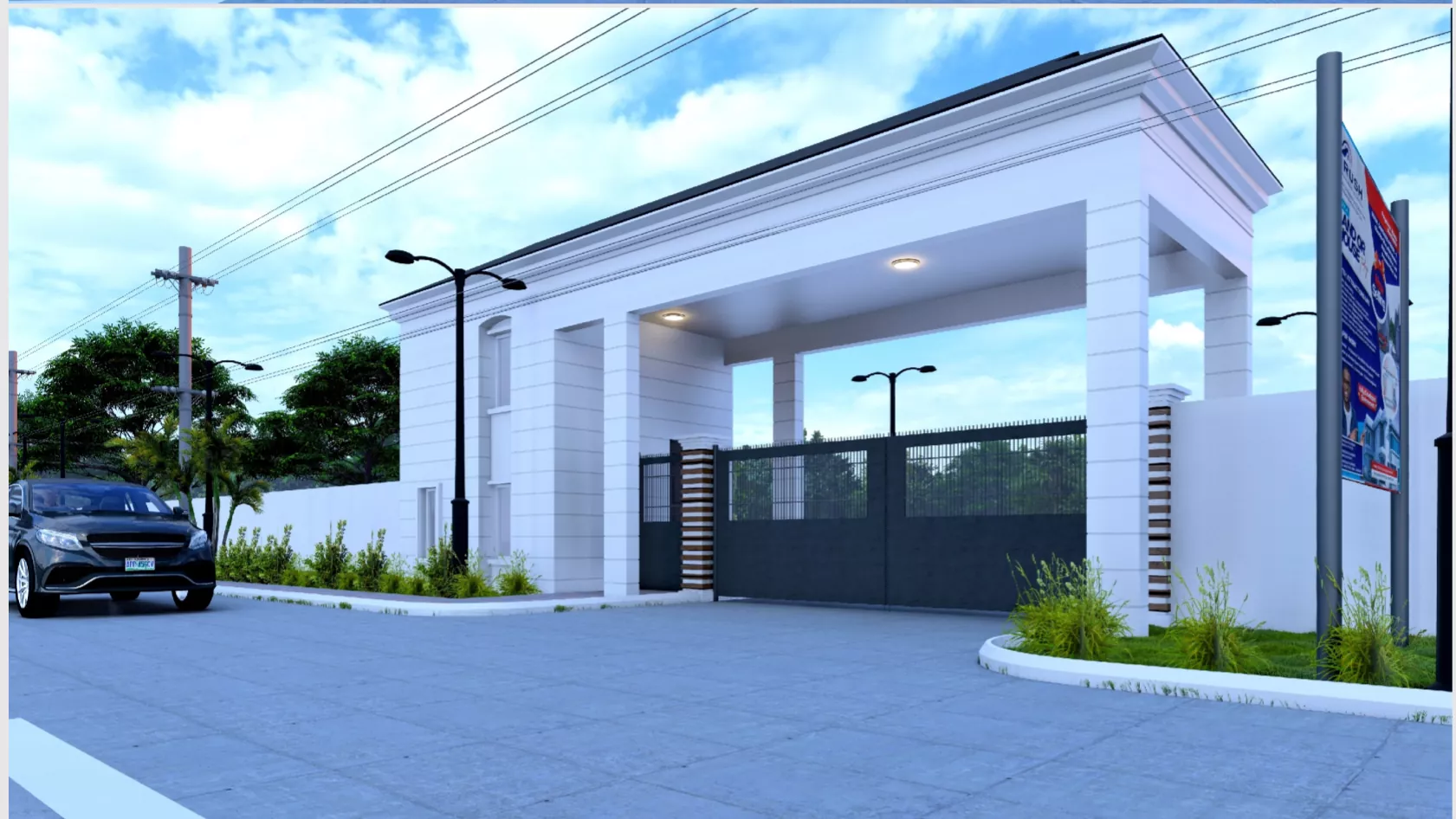In the real estate world, both commercial and residential property investments have perks and disadvantages. The basic truth is – which one is best for you is determined by your circumstances, ambitions, and other variables.
If you’re considering investing in real estate, you might be asking if you should go for commercial or residential real estate. Here’s what you need to know.
How Does Commercial Real Estate Investing Work?
Commercial real estate properties, as the name suggests, are typically used for commercial reasons. Their qualities can take any form. Tenants may include industrial warehouses, hotels, schools, retail locations, and others.
Usually, in a commercial real estate investment plan, you will buy the building and the land it sits on and receive rent from one or more commercial tenants. Alternatively, you may buy bare land in a commercial area and develop it to contain commerce-friendly buildings.
Pros
- Longer leases: Because of the time span of commercial leases, cash flow is more predictable and turnover expenses are lower.
- Higher return on investment: due to land and business appreciation, commercial investment takes the upper hand. Rents can be increased due to the growing value of the market.
Cons
- Risk related to individual sectors: Depending on the type of commercial property you invest in, there is a probability that you will be susceptible to certain hazards associated with the sector.
- More complex: As a commercial real estate investor, you will face numerous challenges. Differences in zoning ordinances or regulations and individual tenant complaints are only a few examples.
How Does Residential Real Estate Investing Work?
As a first-time real estate investor, this may be a more befitting option, especially if you’re looking to invest small scale. Residential real estate investment is based only on the desire to live and provide housing facilities.
You can buy single-purpose or multi-purpose homes, or you may decide to purchase land in a residential area and build housing units. In the former instance, rent is usually collected and used to cover any mortgages, insurance, and property expenses.
Pros
- Flexibility: You have the option of staying in the property or selling it as the owner. Depending on your objectives, you can do anything humanly feasible with the property to get income.
- Low cost of entry: When it comes to purchasing residential properties, they are less expensive. This makes residential real estate a great place to start for real estate investment newbies.
- More tenants: Businesses can relocate or exit the market, but people must have a place to reside. As a result, the more houses there are, the more tenants there are. And the more consistent profit you can get.
Cons
- Limitations: Each area can have rules that govern properties, as well as the amount of rent you can acquire. Pandemics and other similar situations – although rare – can also reduce the amount of rent that can be acquired.
- Shorter lease terms: Residential leases often do not last up to a year. And in some cases, not every tenant might want to stay after the duration of one lease, so this might be a major disadvantage.
Conclusion: Should You Invest in Commercial or Residential Real Estate?

Either residential or commercial real estate investing brings so much income. With the points in this article, you can consider your budget, preferences, and investment goals and decide whether commercial or residential real estate is the one for you. Whichever you choose, real estate investment is sure to bring you immense benefits.




